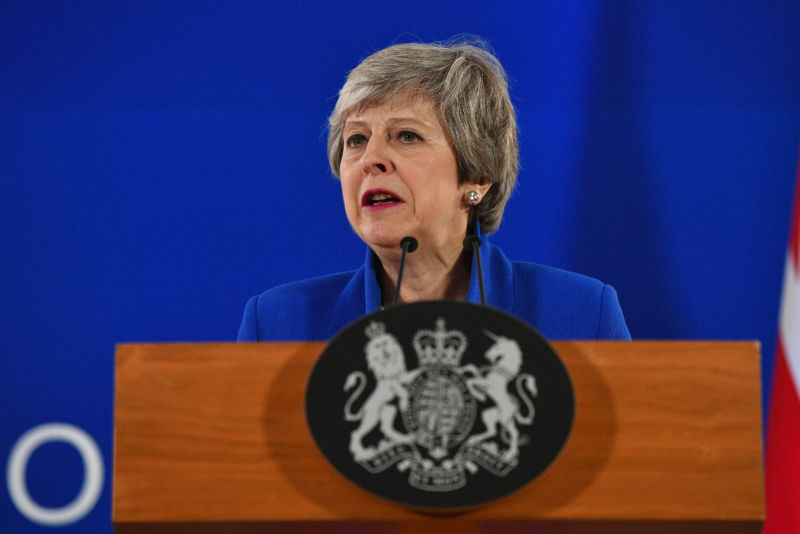
The United Kingdom’s ban on underage access to porn will take effect on July 15, the government announced on Wednesday.
“Adult content is currently far too easy for children to access online,” Digital Minister Margot James said. “We want the UK to be the safest place in the world to be online, and these new laws will help us achieve this.”
The government is implementing the terms of the Digital Economy Bill that passed the UK parliament in 2017. Under the law, commercial porn sites will be required to verify that a British user is over the age of 18 before allowing him or her to access pornographic material. British censors will also have the power to ban “extreme” online pornography, which includes some types of violent sexual content as well as content that involves sex acts with corpses or animals.
The scheme will be overseen by the British Board of Film Classification, the quasi-private organization that gives official ratings to movies in the UK. In its statement announcing the new rules, the body argued that young people’s easy access to online pornography is “changing the way young people understand healthy relationships, sex and consent.” The group says that 88 percent of British parents with children ages 7 to 17 favor age restrictions for pornography.
Rather than mandating a specific form of age verification, the BBFC offers some general guidelines and lets sites choose options that fit the criteria. The most common approaches are likely to involve asking the user for a credit card number or information from a government-issued ID. Sites may also come up with methods for developing age verification using a smartphone.
Notably, the Digital Economy Bill does not include privacy regulations to ensure that porn sites don’t misuse information users provide under age-verification schemes. However, sites would be governed by the EU’s General Data Protection Regulation, providing some safeguards against misuse of the data.
Sites that don’t age-verify get blocked by UK ISPs
The mandate applies to porn sites globally. Sites that fail to comply with the rules will be put on an official blacklist of non-compliant porn sites. British ISPs will be required to block access to these sites, and payment processors will be required to deny them payment services.
Early versions of the Digital Economy Bill took a different approach, slapping fines on porn site operators who didn’t comply with the age verification regime. The problem with that was that many non-British porn sites might simply ignore these fines. So the legislation was amended to block British users from accessing the sites altogether. This could give regulators some leverage over these sites, since the larger ones presumably do want their content and services to be available to British adults.
Still, it’s an open question how effective the law will be. The law only applies to sites that are primarily in the business of distributing pornography commercially. Mainstream social media sites with significant pornographic content—like Reddit and Twitter—won’t be required to age-verify their users. That could mean it’s still fairly easy for minors to find pornographic content online.
And then there are the many ways teens might find to evade the filters. Virtual private networks can disguise a user’s true location, causing sites to assume that no age verification is required. And restricting teens’ access to commercial pornography providers could push them into the world of online piracy, where they can get porn videos from locker sites or file-sharing networks.
Advocates for the law don’t dispute that some users—including some minors—will figure out ways to get around the new filters. But they argue that many others won’t have the inclination or technical savvy to do so, significantly reducing the number of minors exposed to pornography (and of adults exposed to “extreme” pornography).
https://arstechnica.com/?p=1492563

